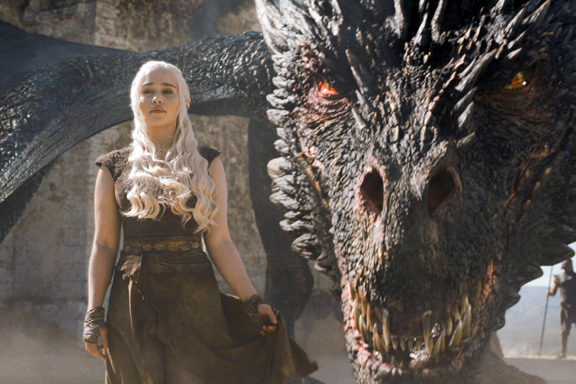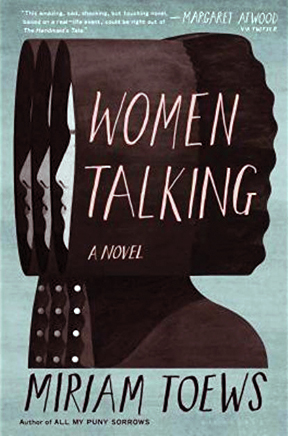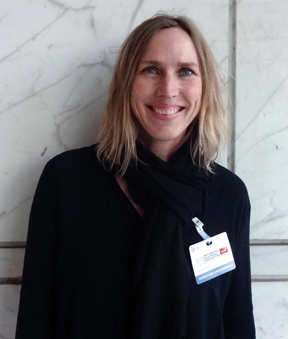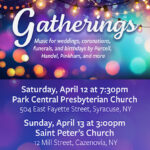Love and Power
From 2005 until 2009, in the village of Manitoba, Bolivia, a group of Mennonite men raped and sexually abused at least 130 Mennonite girls and women within their tightknit religious community. Among the reasons the assaults continued for so long is that the girls and women being assaulted didn’t know they were being assaulted while they were being assaulted. The rapists anesthetized the girls and women, aged 3 to 60, with a belladonna spray normally used to sedate livestock. When the victims could no longer ignore the evidence of sex, church leaders attributed the women’s suspicions to overactive imaginations, demonic attacks and ghost sex.
Mythology, world religion and anthropology suggest that when confronted with human behavior and natural phenomena people can’t or don’t want to explain, people blame evil spirits, demons, and people from other cultures for causing trouble in the neighborhood. Heroic war stories grab more attention than lectures about public policy. Love’s passion plays better than love’s patience. Truth can be more disturbing than fiction and fictional tales generally end with some resolution a reader or viewer can perceive at a distance from themselves. Fictional characters reveal their characters and sometimes ours.
I did not watch Game of Thrones until this season; still, what I saw resonated with my thoughts about myth, history and interpersonal dynamics. In what I did see, I heard characters theorize that duty is the end of love, and love is the end of duty. Protagonists argued the risks and benefits of gaining power through instilling love or fear in their followers. And, spoiler alert here, after the final battle between Cersei Lannister and Danaerys Targaryen for the Iron Throne, and after the intrafamilial love/duty conflict between Danaerys and Jon Snow, it was Danaerys’ fire-breathing dragon, Drogon, who, left to its own instincts, and with autonomy, did the absolutely best thing.

Many religions teach that we are supposed to love and forgive. Game of Thrones seems to ask, is dutiful love really love? And, when forgiveness is compelled, is forgiveness really forgiveness? Like the writers of Game of Thrones, writer Miriam Toews delves into these questions and other questions concerning power in her novel Women Talking.
Women Talking is fictional imagining of what might occur if illiterate Mennonite rape victims, born into a religion that requires that they obey and forgive, decided to demand a safer and better life for
themselves and their children in their village or else start anew
elsewhere. Women Talking maps the evolving autonomous consciousness of women, some of whom wonder if they themselves are not simply livestock, in a cult-like society nestled in present day South America.
The women meet in secret in a hay loft to avoid the attention of their rule following religious community. Because the women can’t read or write, the women enlist the help of a once shunned Mennonite male to take notes for the record. The note-taker, August, teaches young men in the community to read and write so they can conduct business in the outside world. August has his own story, a story which looms large in the village’s power dynamics.

Miriam Toews
Ona’s story also looms large. Ona is pregnant by a rapist, suffers from morning sickness during the meetings, clearly anticipates that her child, once born, will be taken from her likely to be raised by the father’s family, and still believes love is the answer. Because Ona is unmarried and pregnant, one of the married rape victims denounces Ona as a “whore.”
In their effort to achieve consensus, the women organize their options under pictorial headings symbolizing three possibilities. A picture of a horizon symbolizes staying and doing nothing; a woman and man facing each other with knives means “fight,” and the rear end of a horse symbolizes leaving. August sees that a horizon can also symbolize moving toward change and that the rear end of a horse could symbolize watching someone else leave. August feels conflicted about interjecting his thoughts and experience; the women disagree about whether they should trust his input.
What the women ultimately decide to do reflects the sort of quick efficiency demonstrated by some characters in the series finale of Game of Thrones. The times, ideology and gender politics of Game of Thrones and Women Talking differ greatly. The politics of individual people within individual families within individual communities all over the map, despite our connectedness, seems to differ greatly. The end games of Game of Thrones and Women Talking both suggest that while individual stories end, the interrelated love and power struggles continue to unfold. Nothing is resolved once and for all happily ever after.
We keep talking.











